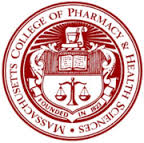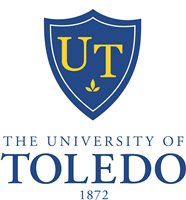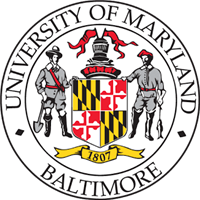- Find Your College
- Scholarships
- Pay for College
-
Articles
- COLLEGES
- Most Recent
- Affordability & Cost
- College Search
- Comparisons
- College Majors & Minors
- Myths
- News & Trends
- Tips, Tools & Advice
- Admissions
- Most Recent
- ACT & SAT
- College Admissions
- College Applications
- Myths
- Online Colleges
- Questions & Answers
- About
- Home
- >
- Browse All Majors
- >
- Health Professions And Related Programs
- >
- Pharmacy, Pharmaceutical Sciences, and Administration
- >
- Pharmacy Administration and Pharmacy Policy and Regulatory Affairs
Pharmacy Administration and Pharmacy Policy and Regulatory Affairs
Select Type of Degree:
Select State:
|
#1

MCPHS University
|
|||||||||||
|
#2

University of Southern California
|
|||||||||||
|
#3

Lipscomb University
|
|||||||||||
|
#4

St. John's University-New York
|
|||||||||||
|
#5

Long Island University
|
|||||||||||
|
#6

University of Toledo
|
|||||||||||
|
#7

Northeastern University Professional Programs
|
|||||||||||
|
#8

Northeast Ohio Medical University
|
|||||||||||
|
#9

University of Maryland- Baltimore
|
|||||||||||
|
*The estimated net prices above are College Raptor’s estimate. Please contact the college financial aid office for actual net cost figures.
|
|||||||||||
About Pharmacy Administration and Pharmacy Policy and Regulatory Affairs
Pharmacy Administration and Pharmacy Policy and Regulatory Affairs programs prepare individuals to apply managerial, social, and economic sciences to the study and management of the distribution and use of pharmaceutical products and the provision of pharmacy services. Includes instruction in research design and methods, statistics, social and organizational behavior, pharmacoeconomics, management of pharmacy services, outcomes research, product planning and reimbursement, cost-benefit analysis, drug marketing, pharmacy and pharmaceutics law and regulation, risk assessment, and organization of the health care system.
For all the 266 degrees awarded in Pharmacy Administration and Pharmacy Policy and Regulatory Affairs annually, the majority of them are Masters degree. Out of the 208 students earning degrees at the Masters degree level across the US, 29% percent identify as men and 71% percent identify as women. Though students at schools all over the country study Pharmacy Administration and Pharmacy Policy and Regulatory Affairs, Massachusetts has the most graduates. The average annual income for a graduate with a bachelor's degree in Pharmacy Administration and Pharmacy Policy and Regulatory Affairs is $38,300.
Careers
For Pharmacy Administration and Pharmacy Policy and Regulatory Affairs majors, some of the most in demand careers include Medical and Health Services Managers, Health Specialties Teachers, Postsecondary . Additionally, Pharmacy Administration and Pharmacy Policy and Regulatory Affairs graduates may land a top paying job, such as Medical and Health Services Managers or Health Specialties Teachers, Postsecondary.
Top Paying Careers
These are the highest paying careers for Pharmacy Administration and Pharmacy Policy and Regulatory Affairs majors.
Most In-Demand Careers
These are the careers in highest demand for Pharmacy Administration and Pharmacy Policy and Regulatory Affairs majors.
Student Demographics




Subscribe to Our Newsletter
Join thousands of students and parents learning about finding the right college, admissions secrets, scholarships, financial aid, and more.

College Raptor, Raptor, InsightFA, FinanceFirst, and “The Right College. The Best Price.” are registered trademarks of College Raptor, Inc.




